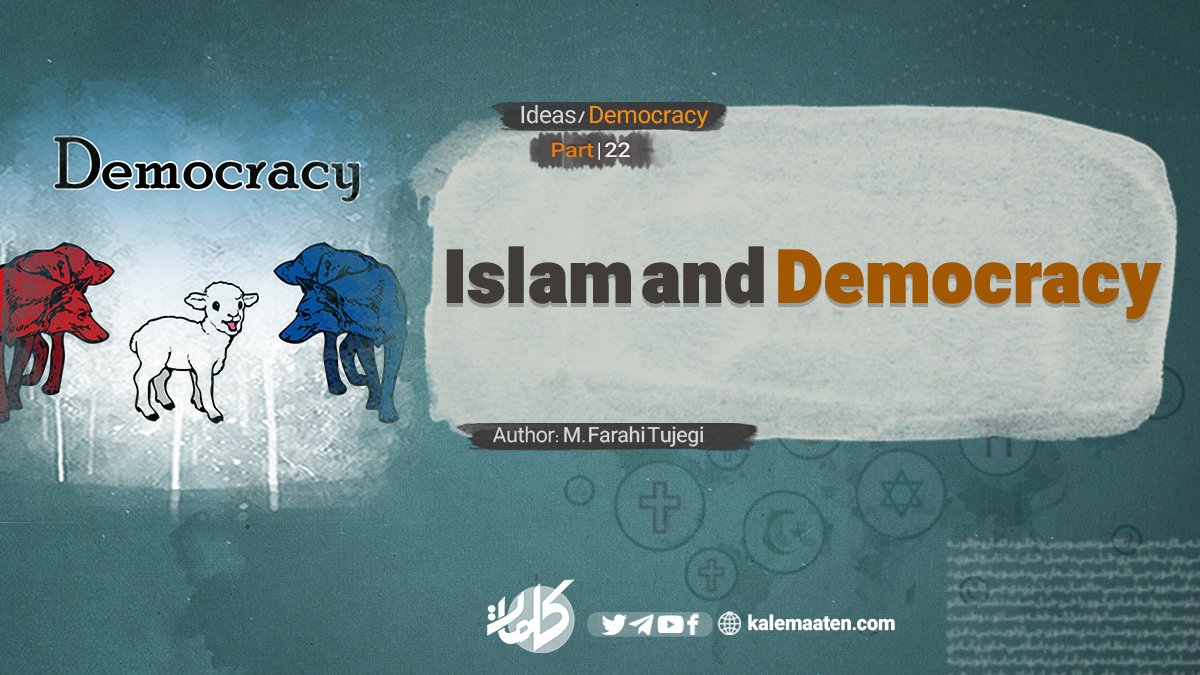Author: M. Farahi Tujegi
Islam and Democracy (Part 22)
Sovereignty in Democracy from the Perspective of Western Thinkers
In previous notes, the issue of minority rule over the majority was discussed; however, this research will focus on the concept of minority rule according to Western thinkers. It appears that this issue was not, and is not, unknown to them.
Western thinkers have observed the nature of minority rule and have criticized it, as well as democracy as a whole. Jean-Jacques Rousseau, for instance, remarked: “If we consider the precise meaning of democracy, we will realize that true democracy has never existed and never will; it is incompatible with the natural system where many people hold and exercise sovereignty while a few are subjected to rule.”
American thinker Michael Oakeshott stated: “The truth is that not all people govern; instead, a minority always holds and exercises sovereignty.”
Critics of democracy have been, and continue to be, well aware of this point. Italian thinker Gaetano Mosca (1858-1941) said: “Classifying governments into specific forms such as monarchy, aristocracy, and democracy is a futile exercise; because there is only one type of government, and that is the rule of the minority.” Another Italian thinker, Vilfredo Pareto (1848-1923), divided society into two classes: the elite and the non-elite. The elite themselves are further divided into two groups: those who rule and those who do not. The ruling elite are further split into an internal group that executes power—now typically party leaders—and an external group that holds power and sovereignty.
On the other hand, Roberto Michels (1876-1936) proposed the “Iron Law of Oligarchy,” which states that without organization, there is no hope for the success of any party or movement; this organization is merely another term for oligarchy or minority rule. Both Mosca and Michels reject the idea that “the larger the population, the more rulers there will be.” Mosca argues that as the population increases, the number of members of the ruling class actually decreases. Michels also stated: “The larger the party, the more its activities and affairs are entrusted to a narrower circle of leaders and officials.”



